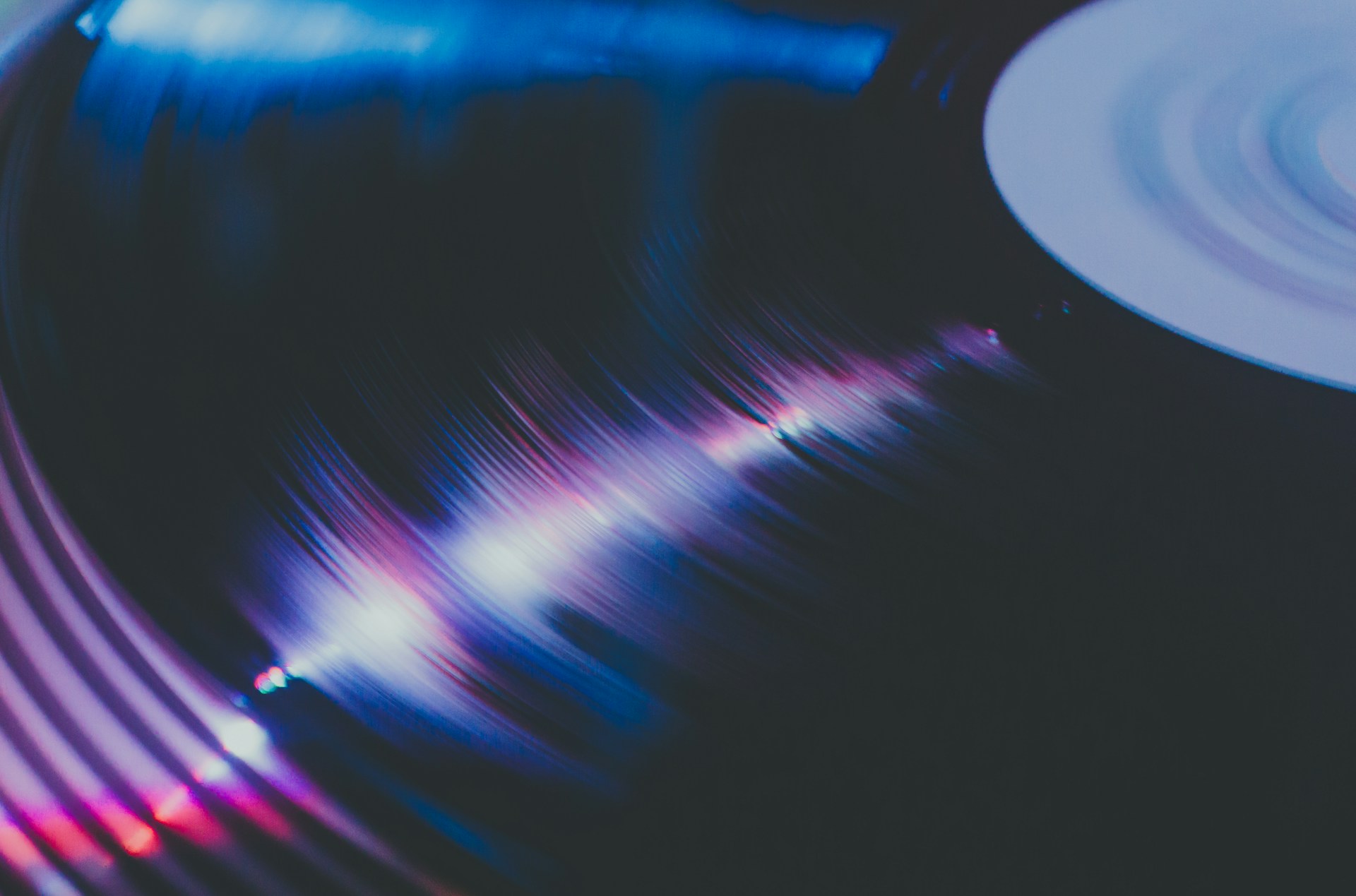
A new artificial intelligence (AI) music platform, Aiode, pays real musicians every time their virtual versions perform on a track. The startup launched its desktop software on Tuesday after raising $5.5 million to challenge competitors Suno and Udio.
The New York-based company built its platform around “virtual musicians” — AI models trained on the specific playing styles of individual artists, with their consent. Each use triggers a payment to the original performer.
Producers can regenerate individual sections like a guitar solo or drum fill without touching the rest of their composition. Other AI tools only generate complete songs from text prompts.
Its desktop app will allow lower latency than cloud-based competitors. Musicians collaborate with virtual session players who adapt to various styles while bringing their own musical sensibilities to the compositions.
“We built Aiode for the way music is truly created. Creators don’t need gimmicks or shortcuts – they need tools that respect their intent, keep them in control, and help them move faster,” said Idan Dobrecki, Aiode’s co-founder and CEO, in a statement to EIN Presswire.
The platform emerged from a year-long closed beta that included sessions at Abbey Road Studios in London. Testers emphasized the punch-in style editing as their favorite feature, according to the company.
Horizon Capital led the seed funding round in September. Rega Ventures, Atooro Fund, Mindset, Resonance Ventures, and Sonic Capital also participated.
Founded in 2022 by cousins Idan and Blue Dobrecki, the company combines technical expertise with musical heritage. Blue, son of a Grammy-winning percussionist, brings production experience from New York’s jazz scene, while Idan contributes mathematics and technology law knowledge.
Their proprietary “Aura Engine” powers the platform’s virtual performers. Artists collaborate directly with Aiode to create detailed digital versions of their playing styles, maintaining control over their musical DNA.
Emmy Award-winning composer Lucas Cantor Santiago endorsed the platform’s philosophy. “Aiode isn’t another endless kitsch generator. It’s a tool that can empower musicians of all levels while compensating the musicians whose knowledge it was trained on,” Santiago stated in the company’s launch announcement.
The compensation model addresses copyright concerns plaguing the AI music sector. Several major competitors face lawsuits over allegedly training models on unlicensed content.
Aiode operates from offices in Tel Aviv, London, and New York. TheMarker recently included the startup in its 2025 list of Israel’s most innovative companies.
Professional adoption could accelerate if studios follow Abbey Road’s lead. The platform targets producers and educators who want AI assistance without sacrificing creative control or ethical standards.






















